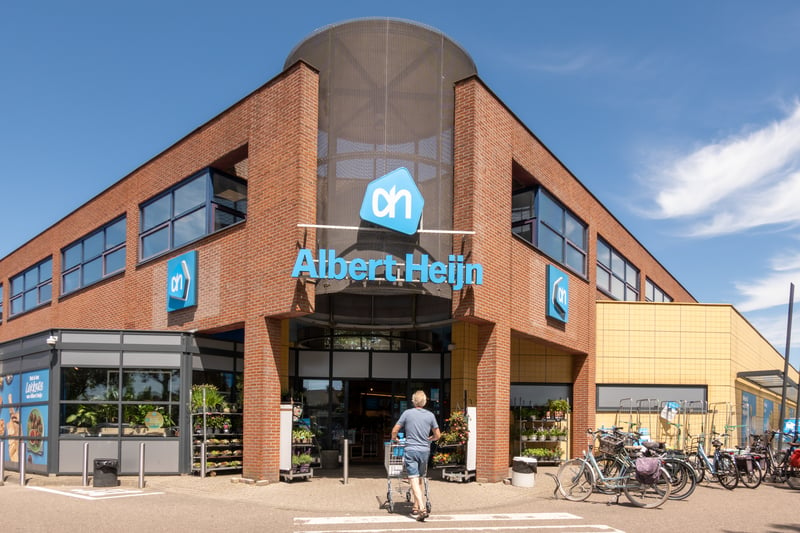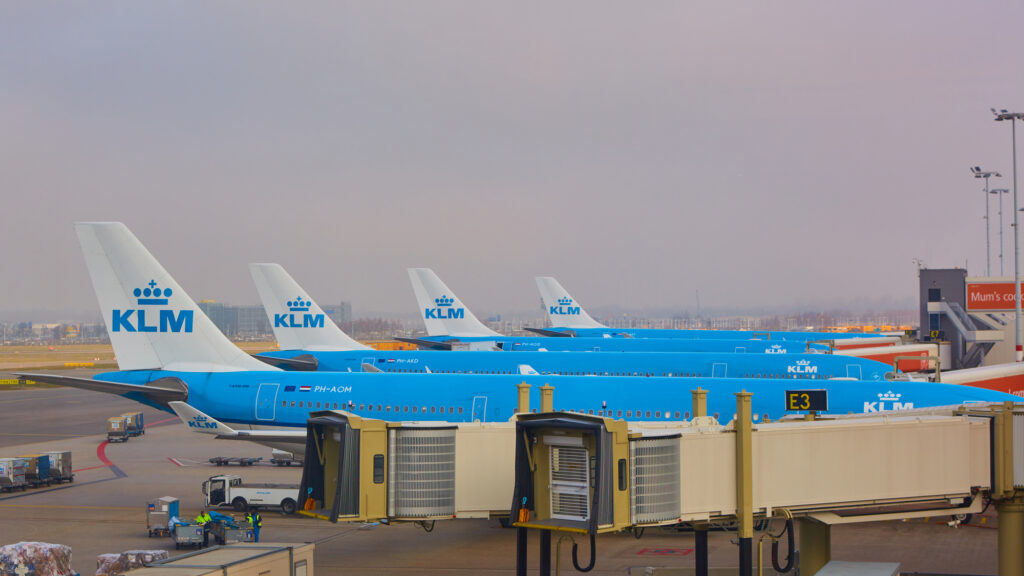Artificial intelligence (AI) is making waves across industries, and the Netherlands is no exception.
As the NOS writes, AI is reshaping the Dutch workplace from supermarkets to law enforcement — bringing efficiency, cost savings, and, in some cases, uncertainty.
But is AI replacing human workers, or is it creating new opportunities?
AI in action in the Netherlands
AI is also supporting many industries in the Netherlands, from silly things like online casinos such as Casino Scout using advanced data analysis to enhance the gaming experience, to more serious use cases, like the Dutch police using AI to scan case files, process reports, and give officers quick access to vital information.
One of the most striking examples of AI integration in the Dutch job market is Albert Heijn. The major supermarket chain has been using self-learning algorithms for two years to predict product demand across its 1,200 stores.

One way it does this is by factoring in the weather. Albert Heijn’s head of product and AI tells the NOS: “The models take the weather into account. Not only the general weather, but the weather of each local weather station.”
“If it’s BBQ weather in Groningen but not in Maastricht, the AI predicts that BBQ products should only be sent to [stores in] Groningen.” Pretty smart, right?
KLM is using AI in a similar way. The airline uses it to predict how many meals are needed on flights, reducing waste and improving efficiency.

As KLM’s Mike Fieten explains to the NOS, “We know that 3 to 5% of our passengers don’t make their flight, but every day is different.” By analysing factors like weather conditions, AI helps KLM more accurately predict passenger numbers.
READ MORE | This Dutch hospital is already using AI to give health advice to patients
Thanks to this technology, KLM saves an average of 2.5 meals per flight. With around 300 flights per day, that adds up to a significant reduction in food waste.
Job losses or new opportunities?
While many experts argue that AI will reshape rather than eliminate jobs, some companies have already announced layoffs due to AI-driven efficiencies.
A World Economic Forum survey suggests that 11% of workers worldwide could lose their jobs to AI between 2025 and 2030.
Dutch CEOs are also increasingly acknowledging AI’s disruptive potential, with more business leaders expecting AI to replace jobs in the near future.

Professor Ton Wilthagen, a Dutch labour market expert, takes a historical perspective: technological advancements, from the fax machine to the internet, have always changed the nature of work but have not necessarily led to mass unemployment.
READ MORE | 7 skills to invest in to future-proof your career in the Netherlands
Instead, AI could lead to new job roles and increase demand for human expertise in emerging fields.
The future of AI in the Dutch job market
One thing is certain: As AI adoption accelerates across the country, the Dutch workforce will need to adapt.
Companies will increasingly look for employees who can work alongside AI, managing and interpreting AI-driven insights rather than performing repetitive tasks.
READ MORE | What are the most in-demand jobs in the Netherlands in 2024?
While some jobs may disappear entirely, others will evolve. Some new professions will also likely emerge.
What do you think about the potential of Artificial Intelligence in the Dutch workplace? Share your thoughts in the comments!



